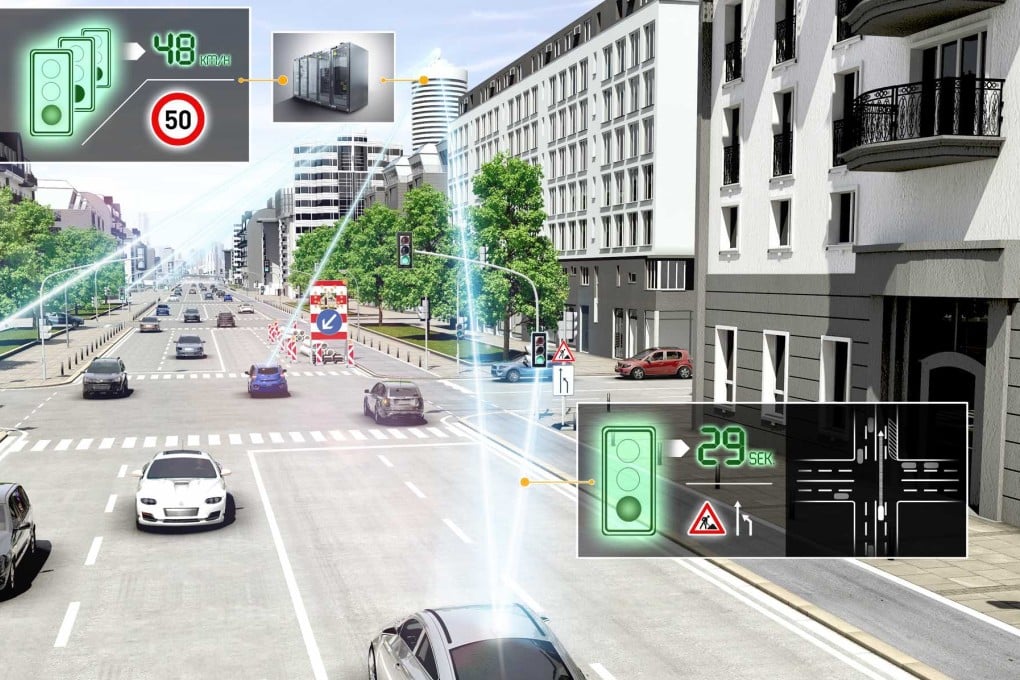Connected car raises prospect of stress-free daily commute
Industry report predicts that artificially intelligent cars will greatly reduce the chance of accidents, while your car will become a ‘health clinic’

Imagine that you’re driving along, and your car strikes up a conversation. “Your friends Jeff and Kelly are at a restaurant around the corner. Would you like to call them? Would you like me to navigate you to your friends?”
Driverless vehicles may be a long way off, but the connected car is just around the corner. In the race to bring smart cars up to speed with handheld devices and wearables in the internet of things (IoT) space, automotive designers are putting their pedals to the metal.

For this, they’re looking to Generation Z - also known as the iGeneration, children who mostly are not old enough to drive yet - as predictors of what may be wanted in the future. This means focusing on keeping drivers behind the wheel, while amplifying automated features such as park assist.

Despite Google expanding its pilot fleet of self-driving minivans, and predictions that robotic cars could be on the roads by 2020, surveys suggest that most people don’t trust self-driving technology, and wouldn’t buy one. Many people simply enjoy the drive.
Andreas Mai, director of smart connected vehicles for Cisco Systems, says it’s not just about driver and passenger comfort, but safety and resources as well. Mai estimates connected car owners can save US$1,400 a year, based on lower insurance rates, lower operation costs (as a smart car could potentially book itself in for regular servicing), and “less time stuck in traffic which increases productivity”.

It asserts that we’ll be safer – that artificially intelligent cars will greatly reduce the chance of accidents. Your car will become a “health clinic” (through companion apps, get a health check-up while driving to the office). And we won’t mind the daily commute.
“Your connected car will be part of a network that provides a commuting service for you,” the report states. “You’ll finally be able to enjoy a stress-free, enjoyable travel experience.”
Lynn Morgan, head of Europe for Ipsos Business Consulting says: “The advent of the connected car, connected health care and the internet of things marks the dawn of some of the most exciting times since the industrial revolution.

“Manufacturers have never experienced this level of transformational change in the past. We are already seeing the traditional players forming alliances with data companies, retailers and app developers. Some are buying technology companies as part of their strategy to get ready for the change.
“This is very exciting for the consumer who is about to witness technological developments on a large scale – developments that were considered to be in the realms of science fiction not so long ago.”
If you fear that you may never get a moment’s peace from your car’s constant nagging, Ford futurist Sheryl Connelly, has a solution. She suggests the technology could include a do not disturb function, which can “turn one’s car into a sanctuary”.